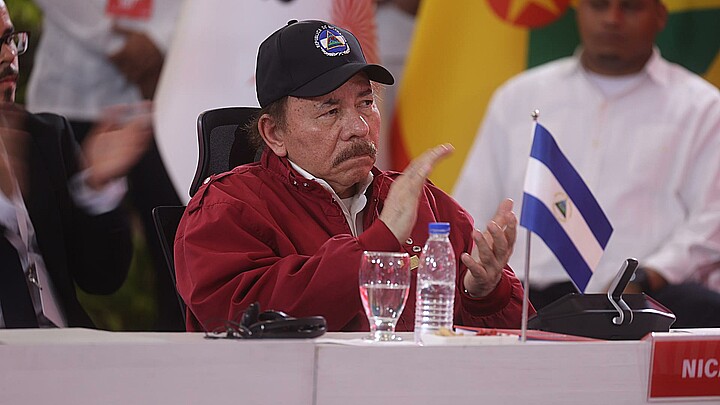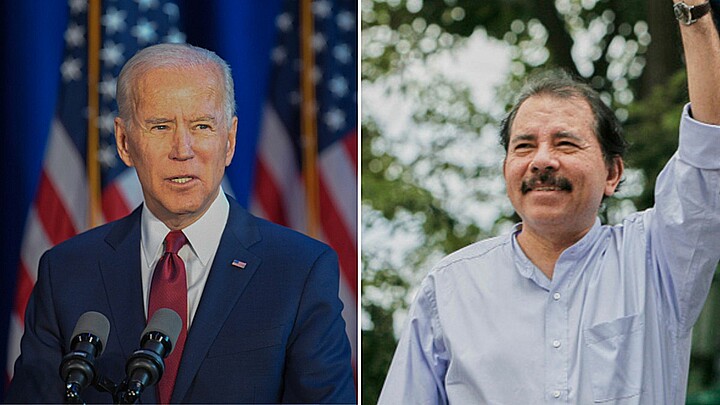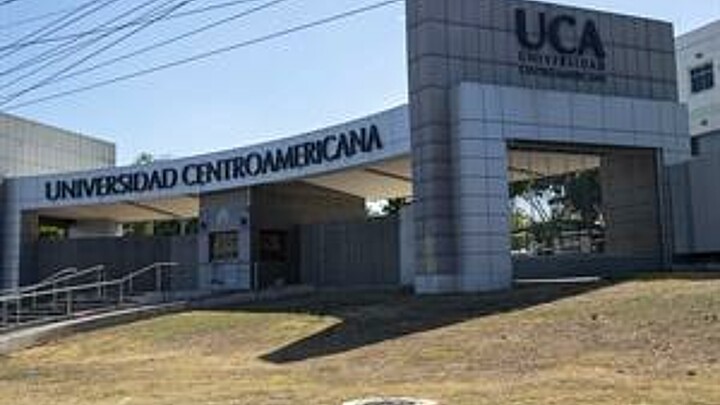Politics
China says Ortega 'totally supports' Belt and Road Initiative in Nicaragua
BRI is a project of the Chinese Communist Party to invest in infrastructure projects like ports, railroads, airports, roads and bridges
January 14, 2022 3:00pm
Updated: January 14, 2022 5:35pm
Chinese state media on Wednesday celebrated the Jan. 10 inauguration of Daniel Ortega as president of Nicaragua as a victory for Beijing’s Belt and Road Initiative (BRI).
The state-run Global Times framed the re-election of the leftist politician to his fourth term as a sign of global realignment away from the United States and its Western allies, despite international criticism that the election was rigged.
“With the stable political situation in Nicaragua, cooperation projects especially under the BRI, likely on infrastructure and telecommunication, will soon bring benefits to local residents, analysts said, noting the cooperation stands in sharp contrast with the U.S. and EU’s latest sanctions on Nicaragua,” wrote the Global Times.
The Global Times also touted a meeting between Ortega and Chinese special envoy Cao Jianming in which the Nicaraguan president committed to joining China’s BRI.
#Nicaragua has signed a MoU with #China to join the Belt&Road Initiative on Monday, China's National Development and Reform Commission said on Wed. By far, China has inked #BRI cooperation deals with 146 countries and 32 intl organizations. pic.twitter.com/BVuUq0sD4s
— Global Times (@globaltimesnews) January 12, 2022
Ortega reportedly told Cao he “totally supports and is willing to join the Belt and Road Initiative and the Global Development Initiative to build a better future for the China-Nicaragua bilateral relations.”
The U.S. and European Union imposed sanctions on several Nicaraguan government officials following the election, with most Western and regional nations choosing not to attend Ortega’s inauguration.
BRI is a project of the Chinese Communist Party to invest in infrastructure projects like ports, railroads, airports, roads and bridges. It has been criticized for predatory financing that results in China gaining control of key projects when governments default. An infamous example is when Beijing financed the construction of a port in Sri Lanka, then took control of it when the island’s government defaulted.
Beijing announced plans at the beginning of the year to expand BRI from the Asian continent to Latin America.










